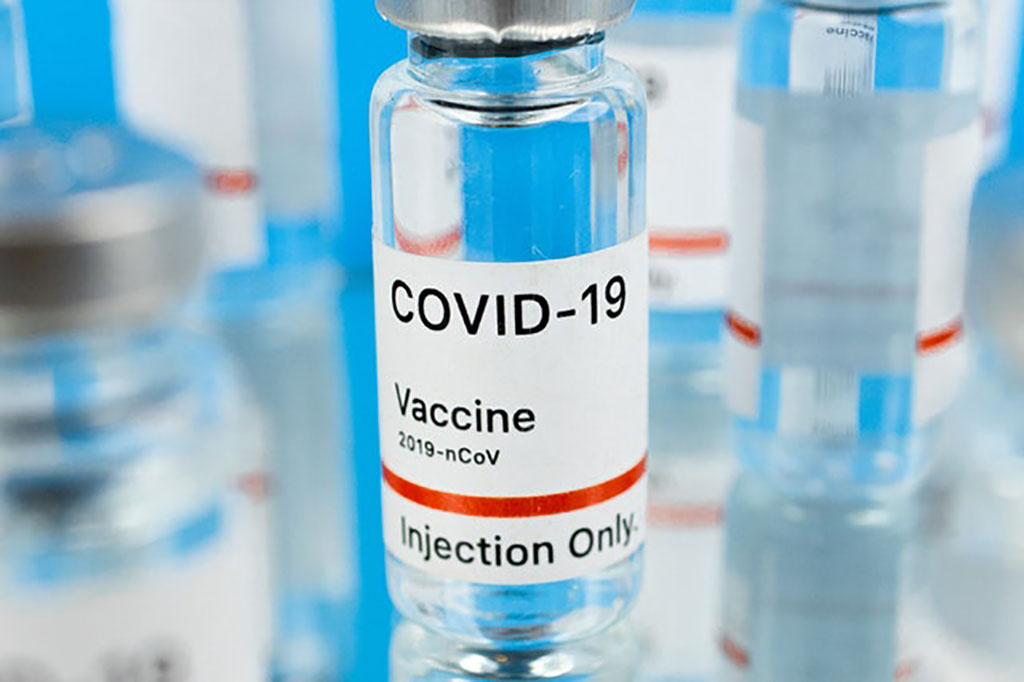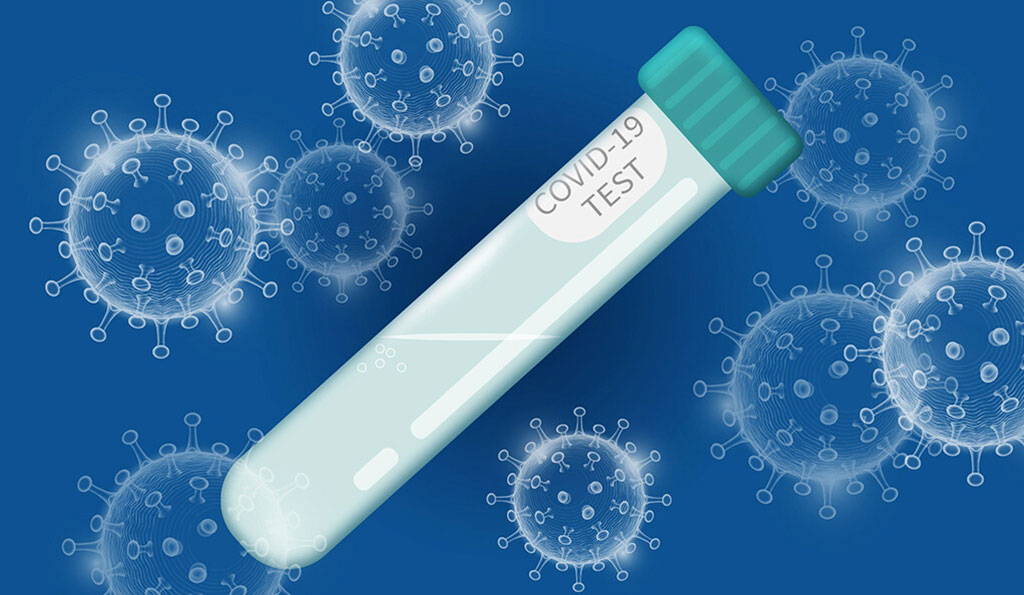Study Establishing Accurate Reference Intervals for Pregnant Patients Presented at AACC 2021
Posted on 29 Sep 2021
A new study establishing accurate reference intervals for pregnant patients was presented at the 2021 AACC Annual Scientific Meeting & Clinical Lab Expo and could help resolve persistent challenges in lab testing for women.
Researchers from BC Children’s and Women’s Hospital (Vancouver, Canada) have established accurate reference intervals for coagulation tests commonly ordered for peripartum patients (i.e., patients who are about to or have just given birth).

A key obstacle in women’s health is the lack of standardized reference intervals for patients who are pregnant or have just given birth. To correctly interpret lab test results, providers must evaluate results within the context of reference intervals, which are the range of normal test values that indicate a person is healthy. However, pregnancy affects proteins and other biomarkers measured by common lab tests. This means that using existing reference intervals for pregnant patients can lead to incorrect interpretation of their lab results, which in turn can lead to subpar maternity care.
The research team collected and analyzed blood samples from an ethnically diverse group of more than 400 healthy patients with singleton pregnancies before and after delivery. The team then calculated reference intervals using eligible test results from 196 of the participants. The new intervals revealed that peripartum patients have different levels of fibrinogen, von Willebrand factor, and other proteins involved in bleeding and clotting compared with non-pregnant adults.
“Lab testing in pregnant women should be compared to reference intervals specific for pregnancy,” said Ann Tran, MD, from the BC Children’s and Women’s Hospital. “If a lab does not have pregnancy-specific reference intervals, then any out-of-range lab values should be interpreted cautiously and with knowledge of how pregnancy itself can change lab values.”
Related Links:
BC Children’s and Women’s Hospital













